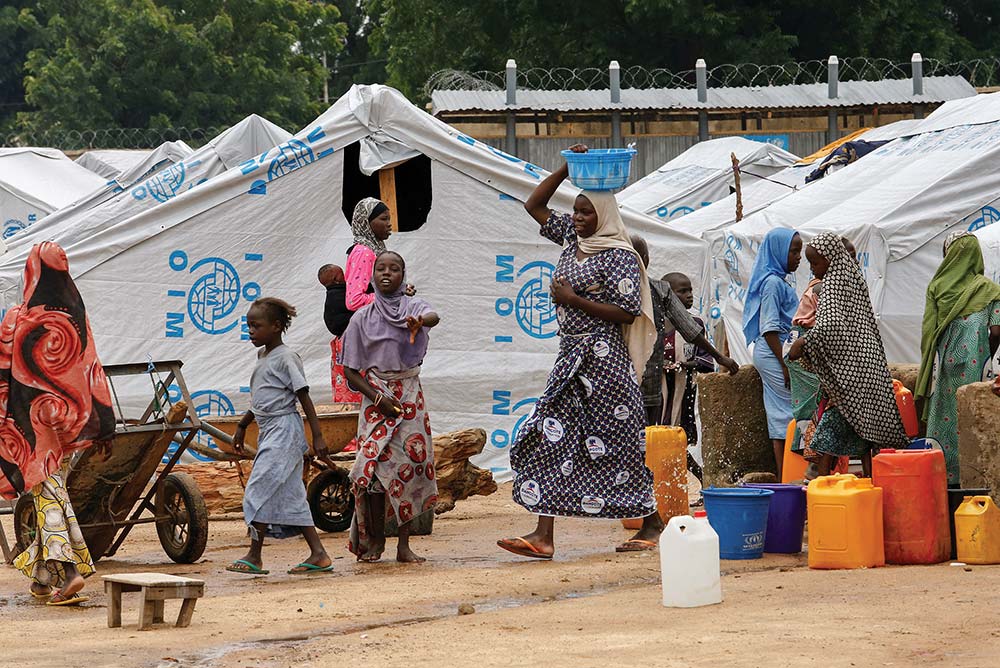
The United Nations has revealed that Nigeria has lost an estimated US$10 billion in its Northeast region as a result of prolonged conflict and insecurity.
This staggering figure underscores the heavy toll that years of violent insurgency have imposed on the national economy, especially in states like Borno, Adamawa and Yobe, which have borne the brunt of extremist attacks.
According to the UN, the loss arises from combined effects of destroyed infrastructure, disrupted agriculture, displaced populations, stalled trade and the collapse of investment in conflict zones.
Government services have been crippled; roads, schools and health centres lie in ruins across many communities.
Farmers have abandoned lands, leaving millions of hectares uncultivated, while key supply chains linking the Northeast to other parts of Nigeria remain severed or unsafe for transport.
The cost to reconstruction, rehabilitation, and lost revenues adds up to this multi-billion dollar burden.
UN analysts warn that the security crisis has not only reversed years of development gains but continues to deepen poverty and food insecurity across the Northeast.
As the conflict drags on, more communities find themselves cut off from public services, markets and basic opportunities.
The displacement of hundreds of thousands of people exacerbates pressure on already fragile local economies, while the federal government must bear growing costs of military response, relief
operations and eventual rebuilding. Nigeria’s Northeast, once a zone of significant agricultural output and trade activity, now lives in a state of perpetual emergency.
The $10 billion figure is not merely an estimate—it is a stark reminder: conflict is no longer just a humanitarian issue, but a strategic economic threat to national stability.
The UN’s warning is clear: unless peace and security return, the Northeast’s recovery will demand not just funding, but durable governance, security guarantees and sustained international support.
Kindly Share this News!!!